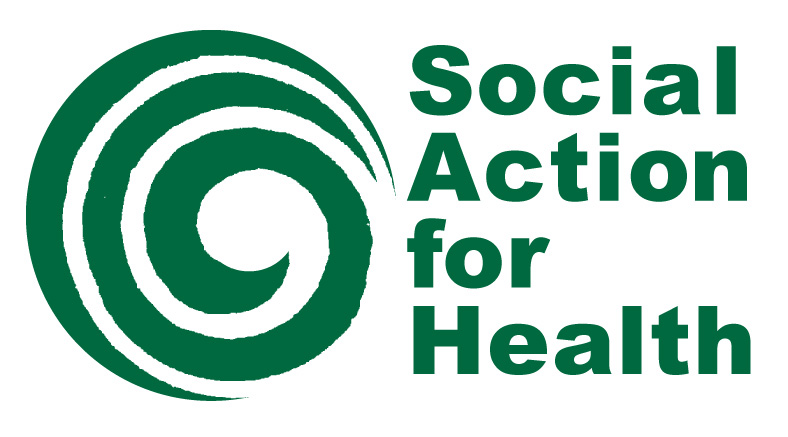Enhancing vaccine confidence across ethnic minoritised communities
We worked alongside the University of Aberdeen to explore the reasons behind low COVID-19 vaccine uptake in certain communities.
Uptake of the COVID-19 vaccine remains consistently lower among some ethnic minority groups than among the general population. To understand and address this, we, along with the other organisations involved in the Collaboration for change: Promoting vaccine uptake project, carried out research to identify the factors that influence the uptake of vaccines in ethnic minoritised groups, and find strategies that may increase uptake.
The Collaboration for Change represents two UK universities, nine community organisations and two small and medium size enterprises, who, in a collective effort, have conducted research on how to improve vaccine uptake among ethnic minoritised groups.
The collaboration has been working to help identify the reasons behind the variations of COVID-19 vaccine uptake. The methodology included two rapid literature reviews followed by a series of decision-making frameworks to bring in the ‘true to life’ perspectives from community organisations.
A summary report is now available which highlights the critical factors that impact vaccine uptake, and provides recommendations on how to increase uptake across ethnic minoritised groups.
Below are some of the highlights of the report:
A lack of trust in the organisations and individuals encouraging vaccine uptake impacts vaccine uptake across many ethnic minoritised communities.
Using trusted messengers to encourage vaccine uptake may be a useful strategy to increase uptake in communities with low vaccination rates.
People are less likely to accept the offer of vaccination if little culturally and linguistically appropriate information is available to them, especially when their concerns are not covered.





